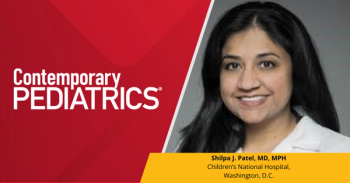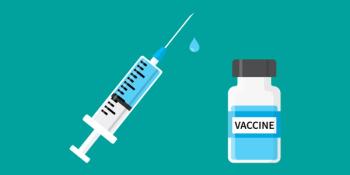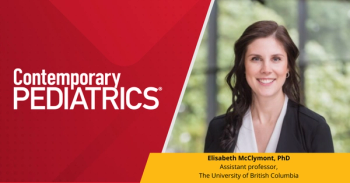
Eye on Washington: Ordering analysis, not action, on stem cell research and genetically altered food
Labor Day weekend is, in ordinary times, the end of summer vacation for members of Congress. Tanned and well-rested, senators and members of the House are ready to get back to work, to tackle at least some of the domestic policy issues they have been unable to resolve until now.But this is no ordinary summer: Some members of Congress responded to the publication of the report of the 9/11 Commission by returning to work in August, and-even with time off for convention-going and politicking in an election year-a special session to deal with homeland security may even be in the cards.
Labor Day weekend is, in ordinary times, the end of summer vacation for members of Congress. Tanned and well-rested, senators and members of the House are ready to get back to work, to tackle at least some of the domestic policy issues they have been unable to resolve until now.But this is no ordinary summer: Some members of Congress responded to the publication of the report of the 9/11 Commission by returning to work in August, and-even with time off for convention-going and politicking in an election year-a special session to deal with homeland security may even be in the cards.
Health-care issues have surfaced in both presidential campaigns, but actual legislative initiatives in this area are unlikely until after the election. Other politically sensitive issues, such as the renewal of the ban on assault weapons that will expire this month (unless Congress takes action), languish in committee. A plea from the Infectious Diseases Society of America (IDSA) to prioritize and, if needed, subsidize pharmaceutical research on new antimicrobial drugs will have to wait for the new Congress to get a hearing. (The IDSA report, "Bad Bugs, No Drugs . . . A Public Health Crisis," is available on the Web at
When Congress is too deeply embroiled in politics to do much by legislating, taking the regulatory route or commissioning a study are ways around the impasse. Here's how to accomplish that:
Newsletter
Access practical, evidence-based guidance to support better care for our youngest patients. Join our email list for the latest clinical updates.








